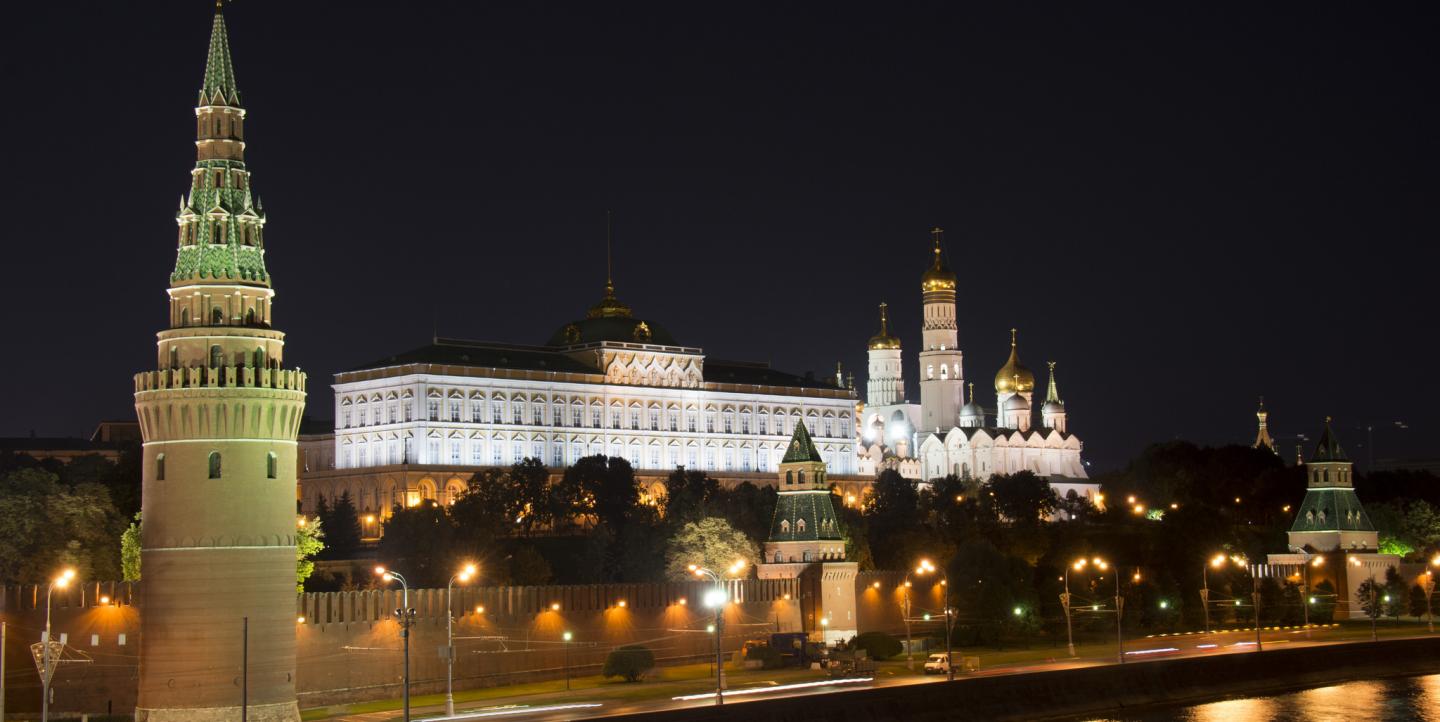Many journalists across Eastern Europe and the Caucasus – all byproducts of the Soviet Union – face oppression, difficulties reporting the truth and, at times, fear for their safety.
Independent news outlet Radio Free Europe/Radio Liberty (RFE/RL) has been covering this region for 65 years and continues to support press freedom throughout the area through trainings and fellowships, one being the Václav Havel Journalism Fellowship, which brings regional journalists to RFE/RL's headquarters in Prague for on-the-job training and mentorship.
Five Václav Havel fellows from Belarus, Georgia, Russia, Ukraine and Moldova recently gathered in Washington, D.C., for a discussion on how the "shadow of the Kremlin" affects journalism in their countries.
"As the events of the past year have repeatedly demonstrated, free speech is needed now, more than ever before, in the region served by RFE/RL," said John Giambalvo, CFO and interim manager of RFE/RL, speaking of recent unrest in the region.
The panel, hosted by the Hudson Institute, the Embassy of the Czech Republic and Prague Freedom Foundation, offered an "eyewitness view of the challenges facing fact-based journalism throughout the former Soviet Space."
Check out the video of the full discussion for these highlights from the fellows' conversation:
- Hanna Liubakova of Belarus talks about living in a country where half of news is Russian propaganda and the other half is Belarusian propaganda. Liubakova, a multimedia journalist, also notes issues with the government trying to censor the Internet. In Belarus, which ranks 157th on the World Press Freedom Index, "independent journalists are arrested, beaten and fined," Liubakova said.
- Olga Malchevska, a broadcast journalist in Ukraine, explains "how an informational war can turn into a real war." The Ukraine-Russian conflict has caused a lack of trust between journalists and their readers due to propaganda, Malchevska said.
- Natalia Sergheev, a journalist for RFE/RL in Moldova, offers insight into Transnistria, a pro-Russian region that considers itself independent of Moldova. Sergheev said they were the "only people in the whole world who were jealous of Crimea because they got annexed." Sergheev has been to the area, which is tightly guarded and "frozen in time," she said.
- The only fellow from Russia, Evgeny Kuzmin tells us how Russia perceives the world based on what's being aired on state television. Kuzmin also explains the differences between how local media operates versus national media.
- Ana Lomtadze attended Wellesley College in the United States but grew up in Georgia. She described her home country as one of the "most hopeful" in the region with minimal Russian propaganda.
- The fellows offer advice to media organizations trying to make progress in the region: Do offer more trainings. Don't start a new Western-backed media initiative. The latter will be tainted by the Western mark, they explained.
Main image CC-licensed by Flickr via Axel Axel.

